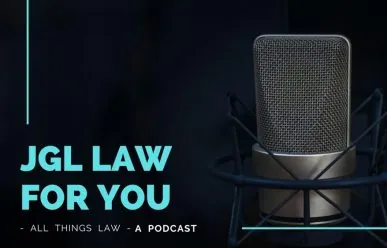Mental Health Privilege & Maryland Divorce Blog Law Series – Part 7
FAQ 1 about Waiver of Mental Health Privilege & Maryland Divorce:
Can I choose who gets my privileged information?
Let’s start with terminology.
Our appellate courts have used the terms “limited waiver” & “selective waiver” in ways that suggest these are different (but related).
Here, by “limited waiver” I mean waiver of some, but not all, information or records held by the therapist (In re Matthew R, 113 Md.App. 701 (1997), Ali v. Hart, No. 0458, September 2022 Term, Unreported (December 8, 2022)).
I use “selective waiver” to mean both 1) to one person but not another and 2) for one court case/purpose but not another (Hamilton v. Verdow, 287 Md. 544 (1980)).
Limited Waiver
Yes, limited waiver is possible, though not clearly developed in the law. In re Matthew R suggests that a stipulation (so, agreement or acknowledgement) between parties is necessary & recognized waiver of specific, but not all, records.
Ali v. Hart recognized a BIA’s limited waiver for “relevant information” (without mention of a stipulation). Relevance is an overarching expectation in legal matters, so it’s not especially instructive. The open question: Will the court recognize a waiver limited to one particular topic?
Selective Waiver
Yes, selective waiver is possible, though even less developed in the law than limited waiver. Per Hamilton v. Verdow, one can waive for one purpose/type of case, but not others. One cannot, though, waive for one party, but not another similarly situated one in the same or related case. Which I infer means one can waive for one case & one party, but not another party in an unrelated case.
The Takeaways
- Limited waiver is possible
- Because the law’s not well developed, waive cautiously, ideally with a written stipulation
- Limited waiver allows disclosure of some but not all privileged records and some but not all information
- Make sure the limitations are specific



